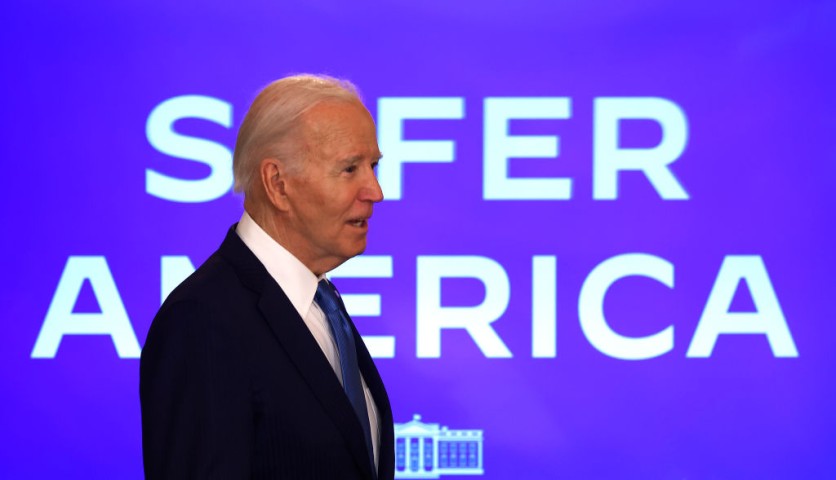The United States is looking to add another restriction against China and Russia as the Biden Administration is reportedly planning to ban the Republic's access to US artificial intelligence software and models, reported first by Reuters.
According to three people familiar with the situation, the Commerce Department is weighing a fresh regulatory effort to limit the export of closed-source or proprietary AI models, whose training data and software are kept secret.

Any move would be in addition to several other steps taken over the past two years to prevent the transfer of advanced artificial intelligence chips to China to impede Beijing's development of this cutting-edge technology for military use.
The Chinese Embassy said China strongly opposes the action and would take the appropriate steps to protect its interests. It condemned the move as a classic act of unilateral bullying and economic pressure.
Nothing is currently preventing US AI behemoths like Microsoft-backed OpenAI, Alphabet's Google DeepMind, and Anthropic from creating some of the most potent closed-source AI models and selling them to nearly anybody in the world without government regulation.
Read Also: China Looks to be the First Nation to Retrieve Samples from Moon's Previously Unexplored Areas
China's AI Sector
China's industry leaders called for an emphasis on new research for both hardware and software when they admitted in late March that their country was falling behind the US in the race for generative artificial intelligence.
Liu Cong, vice president of iFlytek, a Chinese AI business, admitted that China perceives itself as lagging behind global leaders during a panel discussion on generative AI at the Boao Forum for Asia in Hainan province.
Even while the country has been racing to catch up, he continued, the main objective must be the realization of independently controlled and operated hardware and software, especially in key language models.
Other US Restrictions on China
The proposed limitations on AI models come just one week after ZTE, Huawei, and other telecom companies could be barred from approving wireless technology nationwide by the Federal Communications Commission (FCC).
According to reports, the bipartisan proposal to ensure that companies voicing security concerns do not sway test labs and telecom certifying bodies that certify wireless technologies for the US market will be put to a vote by the FCC this month.
Last week, the FCC declared that Huawei test laboratories would not be permitted to participate in the equipment authorization procedure. Given that the lab's accreditation was about to expire on Tuesday, the FCC denied Huawei's request to prolong it.
The plan would permanently prohibit Huawei and other companies listed by the FCC as national security concerns from participating in the equipment authorization program.
FCC Chair Jessica Rosenworcel said in a statement that the company must ensure that the individuals in charge of its equipment authorization program and the program itself can handle the difficulties brought on by recurrent and ever-changing supply chain and security threats.

(Photo: Tech Times)
ⓒ 2025 TECHTIMES.com All rights reserved. Do not reproduce without permission.




